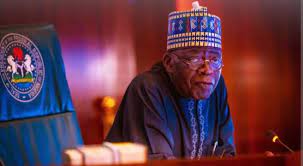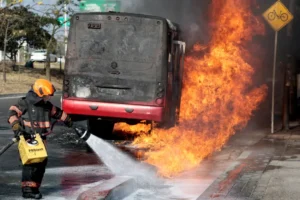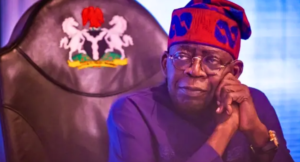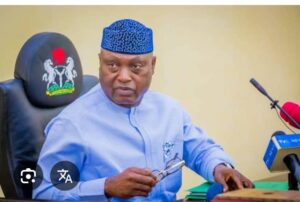
The Nigerian Government and the 36 state governors are having state police to curb insecurity in the country.
Mohammed Idris, the Minister of Information and National Orientation, on Thursday, told State House correspondents that there was a discussion “around the issue of state police”.
“The federal government and the state governments are mulling the possibility of setting up state police,” he said, adding that it was “still going to be further discussed”.
He described the discussion along the line as a major shift considering that the Nigerian government under previous administrations had vehemently opposed the idea of state police.
Idris said there would be more meetings and work done to achieve it.
The meeting was scheduled to be held before the President would depart for the African Union meeting in Ethiopia.
Tinubu will today depart for Addis Ababa, Ethiopia to participate in the 37th Ordinary Session of the Assembly of Heads of State and Government of the African Union (AU).
The theme of this year’s summit is ‘Educate an African for the 21st Century: Building resilient education systems for increased access to inclusive, lifelong, quality and relevant learning in Africa”.
On the margins of the summit, the President will also attend an extraordinary summit of the Authority of Heads of State and Government of ECOWAS in his capacity as the Chairman of the regional body.
He will be accompanied on the trip by some ministers and other top government officials, and he is expected to return to Abuja following the summit’s conclusion.
Tinubu’s second meeting with the 36 governors came amid hardship, rising inflation and high cost of living in the nation.
This has led to protests in some parts of the country and governors in the opposition Peoples Democratic Party recently said Nigeria was going the way of Venezuela with increasing poverty and starvation in the land.
Last week, the President directed the immediate release of 42,000 metric tons of assorted food items from both the Strategic Reserve and the Rice Millers Association of Nigeria.
It reported last Wednesday that Nigerians in more states were embracing the call for protests against the harsh economy occasioned by the policies of President Tinubu’s government.
Traders in Kogi State and Suleja in Niger State, which is a few kilometres away from the Federal Capital Territory, Abuja staged protests over the high cost of food items.
Market women and men who protested in the streets of Lokoja, the state capital, lamented the increasing prices of essential commodities and how it had affected patronage of their businesses.






